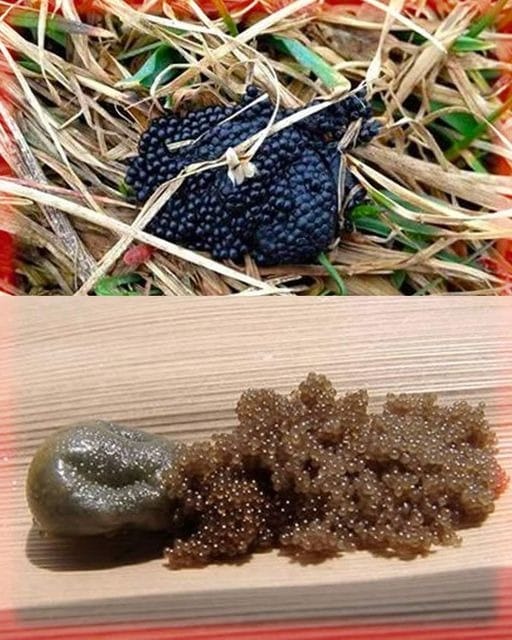The main concern about tick eggs is the possibility that they will hatch into larvae, which can carry diseases like Lyme disease and Rocky Mountain spotted fever. It is essential to handle tick eggs carefully to prevent the spread of these diseases.
Removal and disposal of tick eggs
When dealing with tick eggs in your garden, it is recommended to consult a professional pest control expert or veterinarian for proper identification and advice on tick control and removal. For individual ticks that have attached themselves to the skin, use fine-tipped tweezers to firmly grasp the tick near its head or mouth and remove it from the skin without jerking or twisting. After removal, dispose of the tick by putting it in alcohol, in a sealed bag, or flushing it down the toilet.
Preventative measures in your garden
Learn more on the next page

